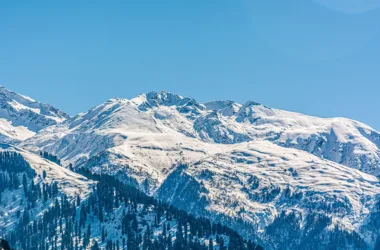Iceland, with its breathtaking landscapes, rugged terrains, and unique natural wonders, has become an increasingly popular travel destination. From the stunning Northern Lights to the majestic glaciers, Iceland offers a plethora of experiences for travelers. However, when is the best time to visit Iceland to make the most of your trip? In this article, we will guide you through the different seasons and help you determine the ideal time to explore this magical land.
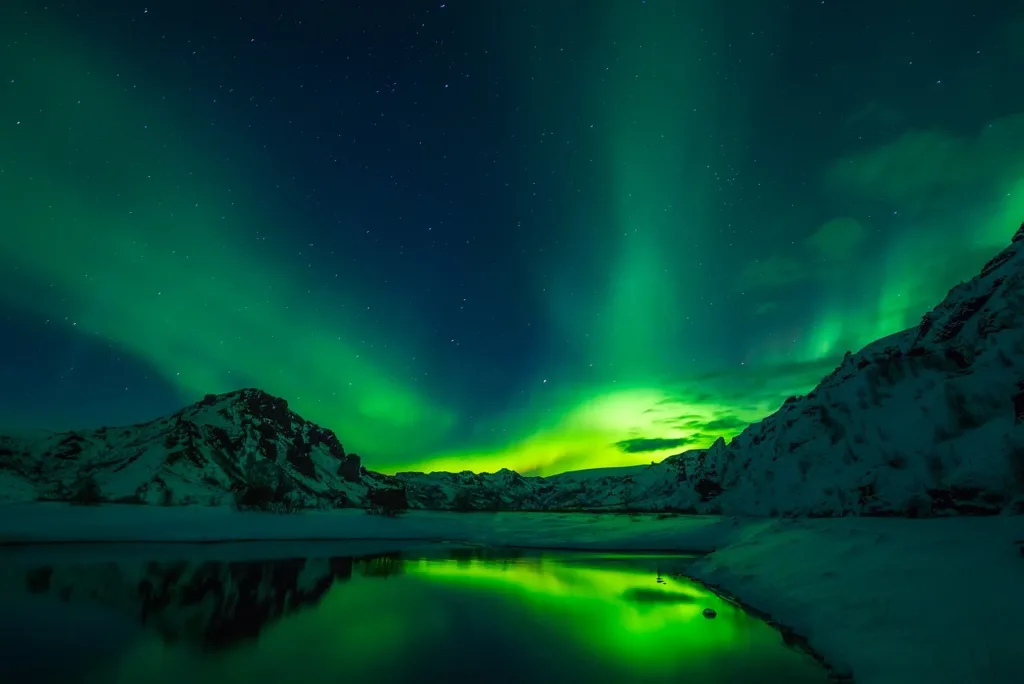
Understanding Iceland’s Climate
Before we dive into the specifics of each season, it’s essential to grasp Iceland’s climate. Iceland is known for its ever-changing weather, which can be quite unpredictable. The country experiences four distinct seasons: winter, spring, summer, and autumn. Each season offers a unique set of experiences, and your choice largely depends on your preferences.
Winter Wonders
1. Chasing the Northern Lights
One of the main attractions of visiting Iceland in winter is the opportunity to witness the mesmerizing Northern Lights. From late September to early April, the nights are long, providing ample darkness for this natural spectacle.
2. Snowy Adventures
If you’re a fan of winter sports, Iceland offers excellent opportunities for skiing and snowboarding in regions like Akureyri and Bláfjöll. The snowy landscapes are perfect for those seeking an adrenaline rush.
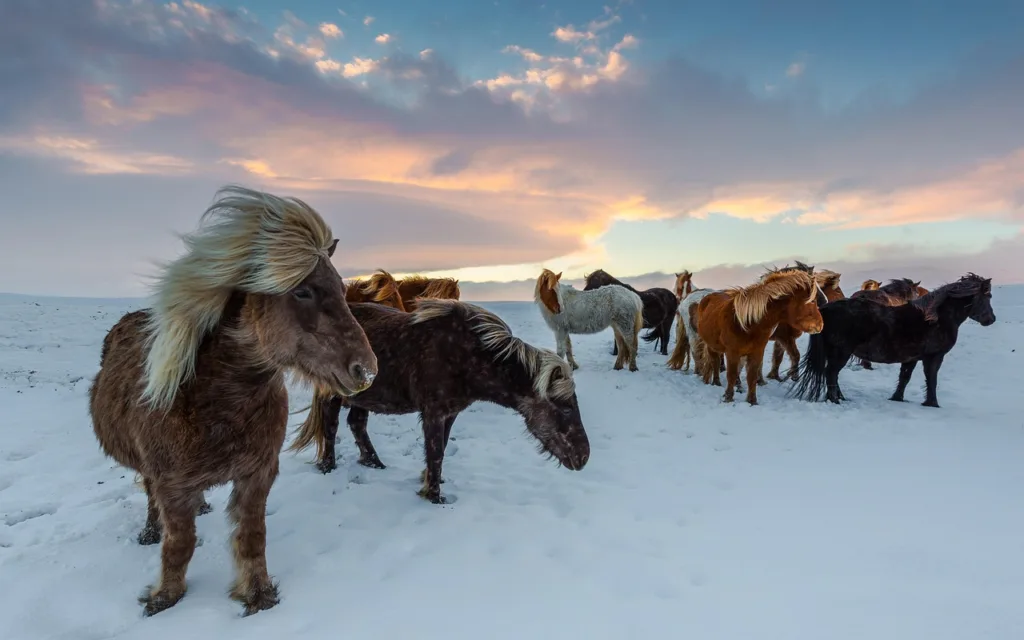
Welcoming Spring
3. Mild Weather
As spring emerges, Iceland’s landscapes begin to thaw, making it an ideal time for hiking and exploring. The weather is milder, and you can witness the rebirth of nature with blossoming flowers and baby animals.
4. Fewer Crowds
Spring is considered the shoulder season in Iceland, meaning fewer tourists. You can enjoy the attractions without the crowds, making it a tranquil experience.
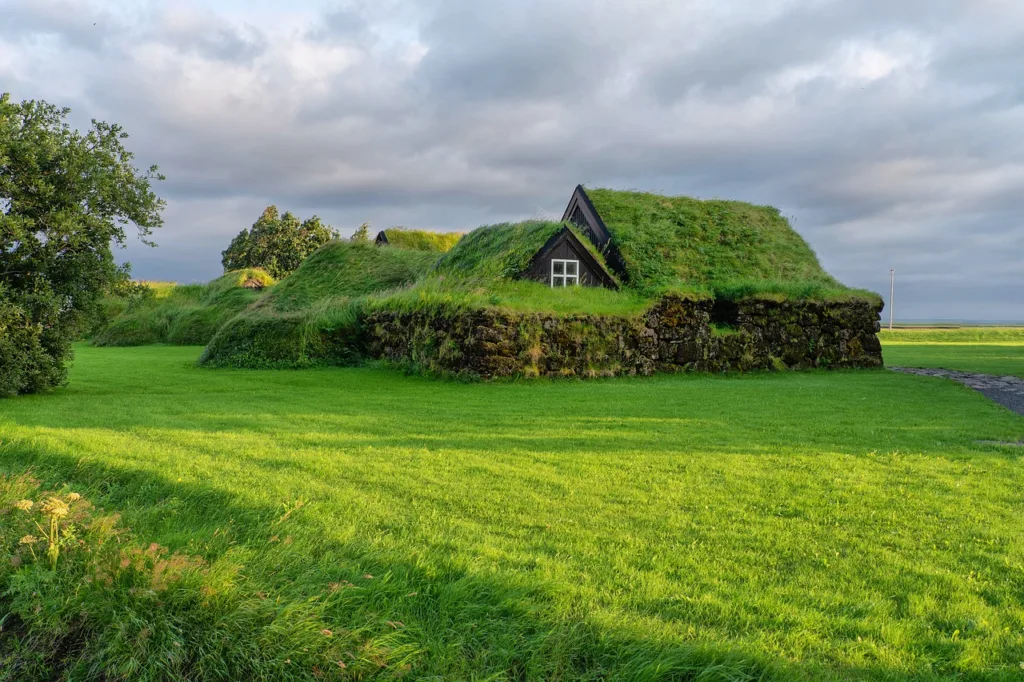
The Vibrant Summer
5. Midnight Sun
During the summer months, Iceland experiences the phenomenon of the Midnight Sun. The days are endless, allowing you to explore non-stop. The extended daylight hours are perfect for photographers and outdoor enthusiasts.
6. Festivals Galore
Iceland hosts numerous festivals during the summer, celebrating its rich culture and music scene. Don’t miss events like the Secret Solstice Festival and Reykjavik Arts Festival.

The Golden Autumn
7. Fall Foliage
Autumn in Iceland offers a unique charm with its vibrant foliage. The landscapes turn into shades of red, orange, and gold, creating a picturesque backdrop for your adventures.
8. Great Weather and Fewer Tourists
The weather remains pleasant in autumn, and the crowds thin out as the summer season comes to an end. It’s an excellent time for road trips and exploring the countryside.
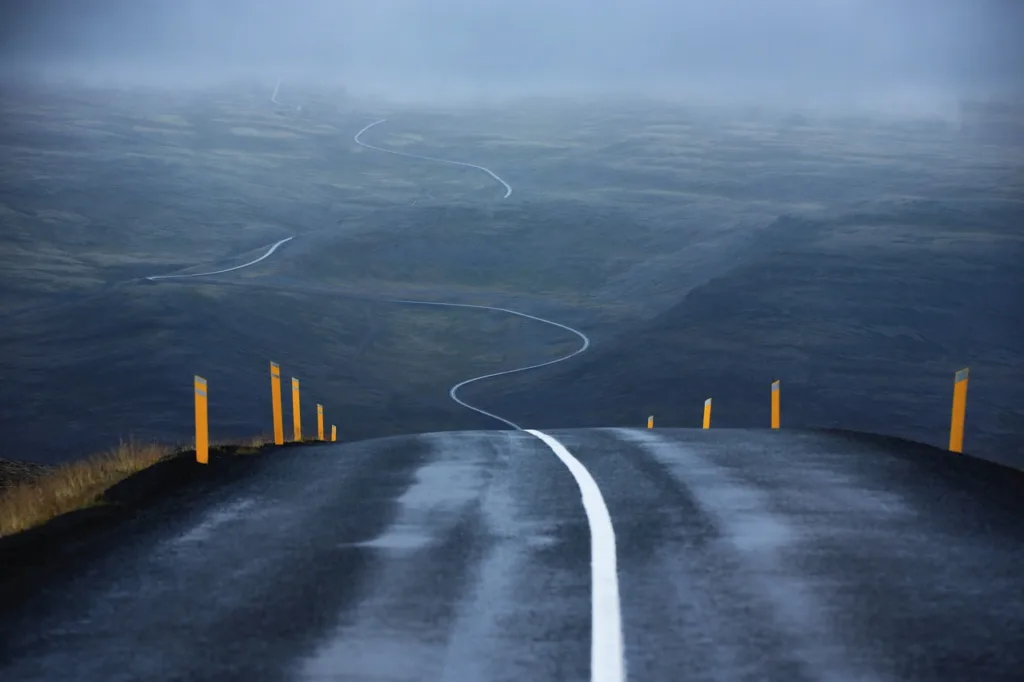
Factors to Consider
When deciding on the best time to visit Iceland, consider the following factors:
9. Budget
Summer is the peak tourist season, which means higher prices for accommodations and activities. If you’re on a budget, consider visiting during the shoulder seasons.
10. Activities
Your choice of activities plays a significant role. Whether it’s chasing the Northern Lights, hiking, or exploring cultural events, align your visit with your interests.
11. Duration of Stay
If you have a limited time frame, choose a season that allows you to experience your preferred activities fully.
12. Traveler’s Tolerance for Cold
Iceland can get quite cold, even in summer. Prepare accordingly with suitable clothing.
Conclusion
In conclusion, there’s no one-size-fits-all answer to the best time to visit Iceland. It largely depends on your preferences and what experiences you seek. Whether you’re captivated by the Northern Lights, the Midnight Sun, or the vibrant fall foliage, Iceland has something unique to offer year-round. So, plan your trip according to your interests and get ready for an unforgettable adventure in this land of fire and ice.
Frequently Asked Questions
1. Is Iceland expensive to visit?
Iceland can be relatively expensive, especially during the peak summer season. Budget travelers may find it more affordable to visit during the shoulder seasons.
2. What is the best time to see the Northern Lights in Iceland?
The best time to see the Northern Lights in Iceland is from late September to early April when the nights are long and dark.
3. Are there any travel restrictions to Iceland?
Travel restrictions can change, so it’s essential to check the latest COVID-19 guidelines and requirements before planning your trip.
4. Can I drive around Iceland?
Yes, Iceland offers some of the most scenic road trips in the world. Renting a car and exploring the Ring Road is a popular way to see the country.
5. What should I pack for a trip to Iceland?
Be sure to pack warm clothing, waterproof gear, comfortable walking shoes, and a power adapter suitable for Icelandic outlets.









